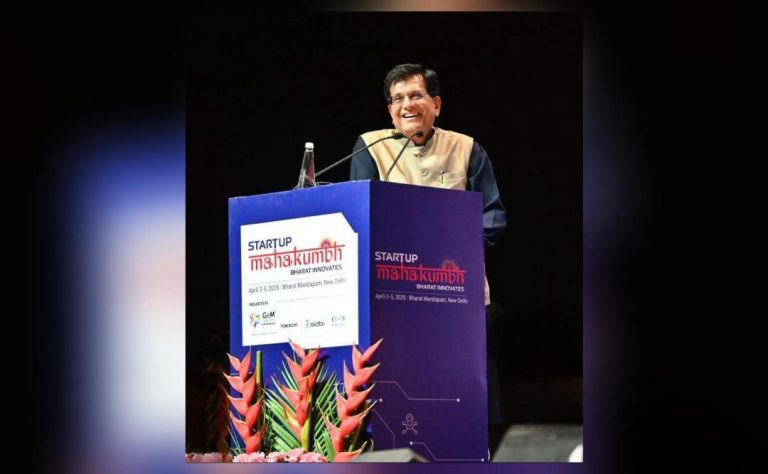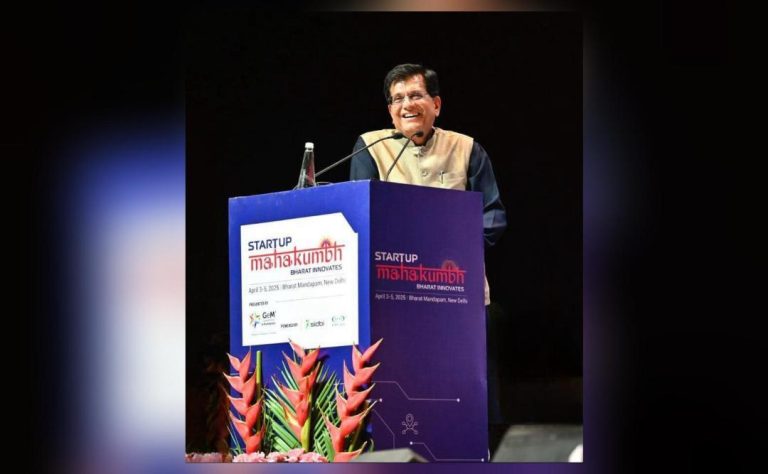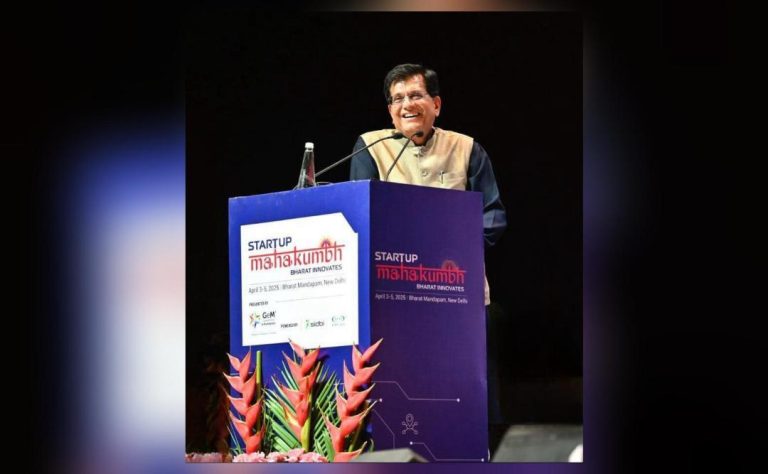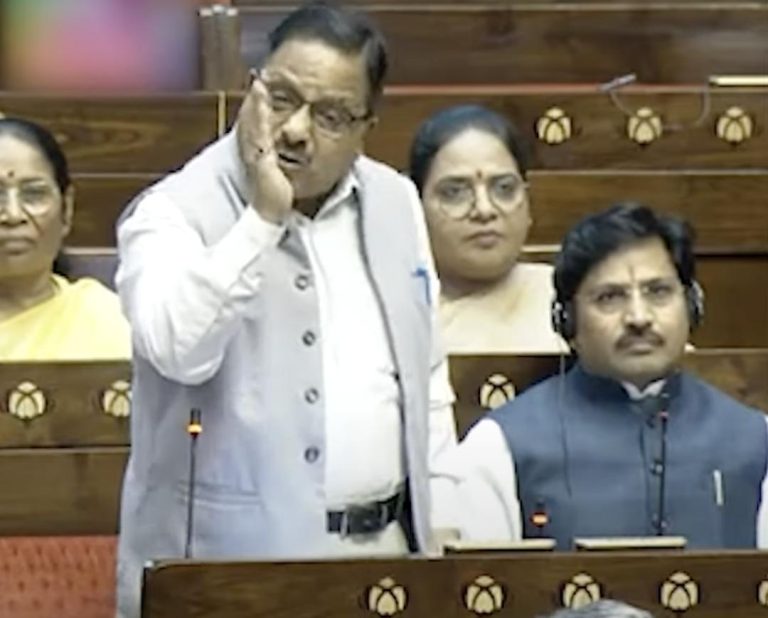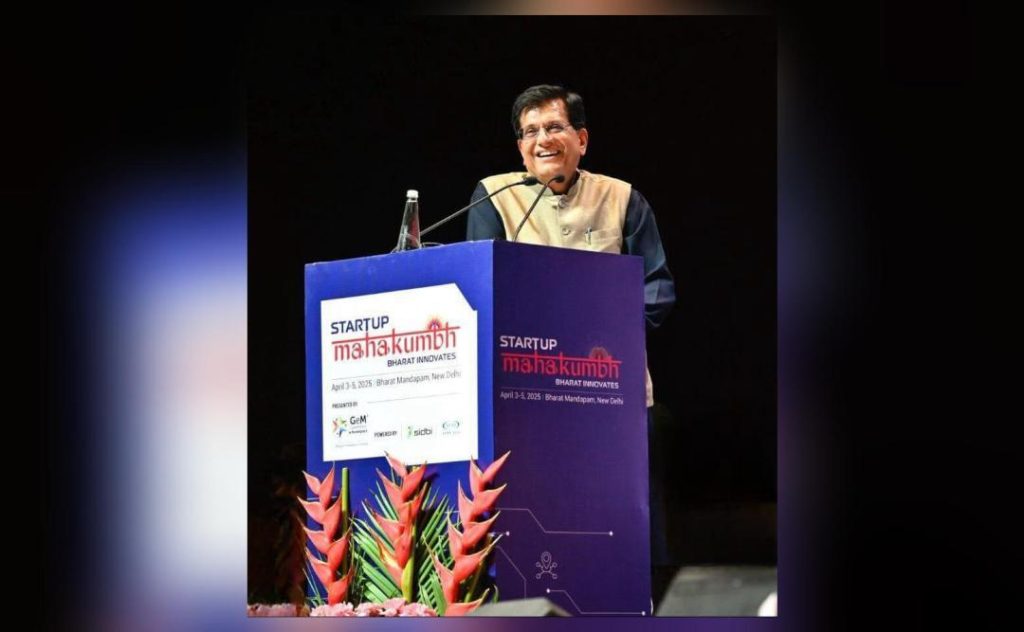
Giving fancy packaging to ice-creams & cookies is not start-up: Piyush Goyal
In a recent statement at Startup Mahakumbh 2025, Union Minister of Commerce and Industry, Piyush Goyal, emphasized that giving fancy packaging to ice-creams and cookies does not qualify as a start-up. According to him, it is merely entrepreneurship and a business model. This statement has sparked a debate among entrepreneurs and start-up enthusiasts, highlighting the importance of distinguishing between mere innovation and true entrepreneurship.
Goyal’s remarks came as a response to the growing trend of start-ups in India focusing on packaging and presentation rather than innovative products or services. He stressed that true start-ups require a unique business model, innovative products, or services that disrupt the existing market. Fancy packaging, on the other hand, is merely a marketing strategy that does not necessarily lead to a sustainable business.
Moreover, Goyal expressed concern over the fact that only 1,000 start-ups in India’s deep-tech space is a disturbing situation. He highlighted that start-ups in other nations are focused on emerging technologies like AI and 3D printing, which have the potential to transform industries and create new markets.
The term “start-up” has become a buzzword in recent years, with many entrepreneurs and small businesses using it to describe their ventures. However, Goyal’s statement serves as a reminder that true start-ups require a fundamental shift in the way businesses operate, rather than just a fancy new product or service.
In a start-up, the focus is on innovation, risk-taking, and scalability. Start-ups are characterized by their ability to adapt quickly to changing market conditions, experiment with new ideas, and iterate rapidly to achieve success. In contrast, fancy packaging or presentation can be achieved through traditional marketing and advertising strategies, without necessarily requiring the same level of innovation or disruption.
Goyal’s statement is not meant to discourage entrepreneurs from pursuing their passions or exploring new business ideas. Rather, it is a call to action to focus on creating sustainable businesses that have the potential to make a meaningful impact on the market and society.
So, what does it mean to be a start-up in today’s competitive landscape? Here are some key characteristics that distinguish true start-ups from mere businesses:
- Innovation: Start-ups are built around innovative products, services, or business models that disrupt the existing market. They are not simply rehashing existing ideas or products.
- Risk-taking: Start-ups require a willingness to take calculated risks and experiment with new ideas. This involves embracing uncertainty and learning from failures.
- Scalability: Start-ups are designed to scale quickly and efficiently, often leveraging technology and automation to achieve this goal.
- Adaptability: Start-ups must be able to adapt quickly to changing market conditions, customer needs, and technological advancements.
- Focus on disruption: Start-ups aim to disrupt existing markets or industries, creating new opportunities and challenges for competitors.
In conclusion, Piyush Goyal’s statement serves as a reminder that giving fancy packaging to ice-creams and cookies does not qualify as a start-up. True start-ups require innovative products, services, or business models that disrupt the existing market, as well as a willingness to take risks, adapt quickly, and scale efficiently.
Source: https://x.com/moneycontrolcom/status/1907795297826378009
